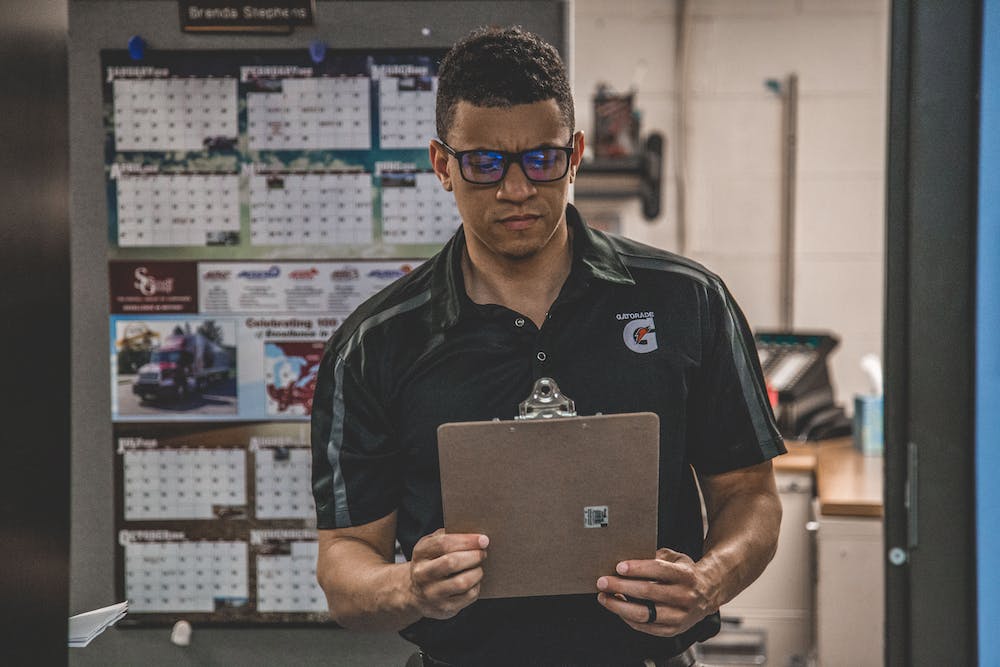Meal Planning 101: How to Save Time, Money, and Stress
 Do you ever feel overwhelmed by the question of what to cook for dinner? Do you find yourself spending too much money on takeout or groceries that go to waste? Do you wish you had more time and energy to enjoy your meals instead of stressing over them?
Do you ever feel overwhelmed by the question of what to cook for dinner? Do you find yourself spending too much money on takeout or groceries that go to waste? Do you wish you had more time and energy to enjoy your meals instead of stressing over them?
 If you answered yes to any of these questions, then meal planning might be the solution for you. Meal planning is the process of planning ahead what you will eat for a certain period of time, usually a week or a month. By doing this, you can save time, money, and stress in several ways:
If you answered yes to any of these questions, then meal planning might be the solution for you. Meal planning is the process of planning ahead what you will eat for a certain period of time, usually a week or a month. By doing this, you can save time, money, and stress in several ways:
 – You can avoid the last-minute scramble of deciding what to cook or ordering food delivery.
– You can avoid the last-minute scramble of deciding what to cook or ordering food delivery.
– You can shop smarter and buy only what you need, reducing food waste and saving money.
– You can prepare your meals in advance or in bulk, saving time and effort in the kitchen.
– You can eat healthier and more balanced meals, improving your well-being and mood.
– You can enjoy more variety and creativity in your dishes, satisfying your taste buds and avoiding boredom.
 Sounds good, right? But how do you get started with meal planning? Here are some simple steps to follow:
Sounds good, right? But how do you get started with meal planning? Here are some simple steps to follow:
 1. Choose a time frame for your meal plan. Depending on your preferences and lifestyle, you can plan for a week, two weeks, or a month. The longer the time frame, the more planning and preparation you will need, but also the more benefits you will reap.
1. Choose a time frame for your meal plan. Depending on your preferences and lifestyle, you can plan for a week, two weeks, or a month. The longer the time frame, the more planning and preparation you will need, but also the more benefits you will reap.
2. Check your calendar and inventory. Before you decide what to cook, take a look at your schedule and see what events or activities you have coming up that might affect your meals. For example, if you have a busy day or a night out, you might want to plan for a quick or easy meal. Also, check your pantry, fridge, and freezer and see what ingredients you already have that you can use or need to use up.
3. Choose your recipes and meals. Based on your time frame, calendar, and inventory, pick out some recipes that you want to try or repeat. You can use cookbooks, magazines, websites, blogs, apps, or your own imagination as sources of inspiration. Try to choose recipes that are suitable for your skill level, budget, dietary needs, and preferences. Also, try to balance your meals with different types of foods, such as grains, proteins, vegetables, fruits, dairy, and healthy fats.
4. Make a shopping list and go grocery shopping. Once you have your recipes and meals selected, make a list of all the ingredients that you need to buy. Organize your list by categories, such as produce, meat, dairy, etc., to make your shopping easier and faster. Then, go to the store and buy everything on your list. Try to stick to your list and avoid impulse purchases that might derail your plan or budget.
5. Prep and cook your meals. Depending on your schedule and preferences, you can either prep and cook your meals ahead of time or on the day of. If you choose to prep ahead of time, you can chop, wash, marinate, or cook some ingredients or dishes in advance and store them in the fridge or freezer until ready to use. This way, you can save time and effort during the week and just reheat or assemble your meals when needed. If you choose to cook on the day of,
you can follow your recipes as usual and enjoy your fresh meals right away.
6. Enjoy your meals and repeat. Congratulations! You have successfully planned and prepared your meals for the week (or longer). Now all you have to do is enjoy them with yourself or your loved ones. You can also track your progress and results by keeping a food journal or taking photos of your meals. This will help you see how meal planning has improved your life in terms of time,
money, stress, health, and happiness. And if you liked it,
you can repeat the process again for the next week (or longer)!
 Meal planning is not a one-size-fits-all solution,
Meal planning is not a one-size-fits-all solution,
but rather a flexible and customizable tool that
you can adapt to your own needs and goals.
You don’t have to follow it strictly or perfectly,
but rather experiment with it
and find what works best for you.
The most important thing is
to have fun with it
and enjoy the benefits
of eating well
and living well!






